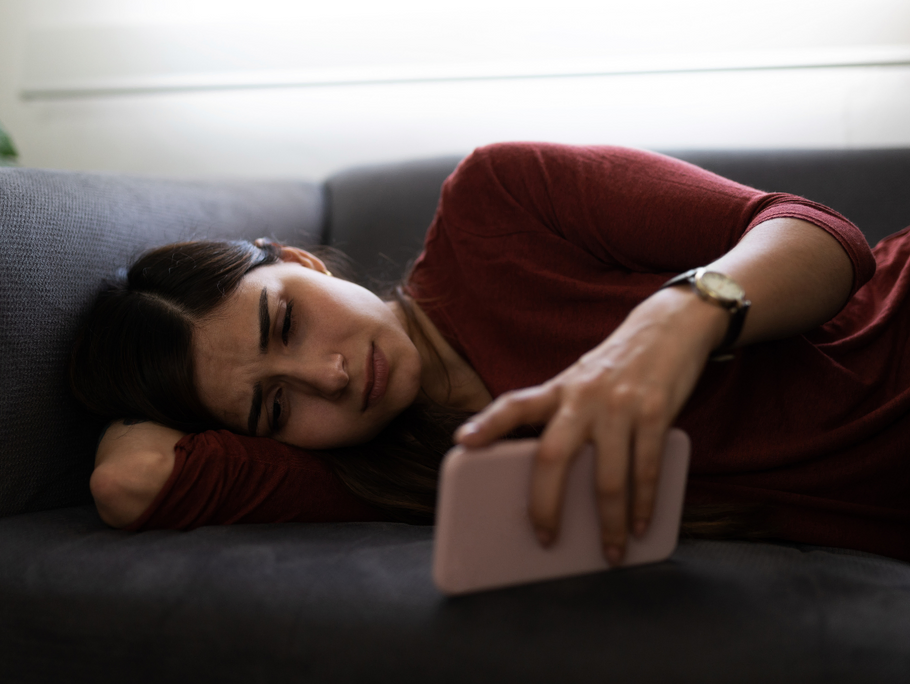Obsessive-Compulsive Disorder (OCD) is an anxiety disorder that occurs when a person gets caught in a cycle of unwanted and intrusive thoughts. These thoughts trigger distressing feelings and causes the person to feel driven to engage in repetitive behavior, compulsions.
Read Elise’s story of her constant battle with harm OCD and how her treatment is helping her get through her daily life.

I put off writing this because I knew I’d never find the perfect words and felt worried that I would hurt the fight for OCD treatment instead of helping it. If I did not think of the perfect words that would inspire the person who will save us all from having OCD, the person that could cure OCD may not be inspired to later cure it, and that would be my fault.
That’s my OCD talking.
Having OCD leaves me wondering if I will ever reach my full potential. If I didn’t have to fight intrusive thoughts about harm, would I be closer to my family? If I didn’t obsess over things being “just right,” how much more would I accomplish? Could I be the person to cure OCD? If OCD didn’t keep me from being able to choose a graduate school? A career?
I have had some tools that make it easier and more manageable. Therapy has been a huge one. I’ve been in therapy on and off since I was 10 years old. I’m 24 now. I wish I could say that fully fixed it, that it cured me. It didn’t. I can function and enjoy many things in life. I can manage a moderate level of OCD in my day-to-day life. However, when I have a severe relapse, the world stops. I’ve called out of work for days at a time, stopped eating, isolated in my house for weeks. And that happens at least every couple of years, even with all the day-to-day management of therapy and medication and fighting every single day.
And my days are still not easy, there is a lot of suffering still. I spend significant amounts of time thinking about things over and over again that neurotypical people would not. Making decisions is incredibly stressful and difficult for me. And I still have a lot of taboo intrusive thoughts and urges that deeply bother me.
OCD Treatment
Medication is an important tool in keeping the OCD in check enough that I can hold a job and function. I went on medication when I was 20. I went off of it when I was 22 because I wanted to prove I did not need it; stigma had gotten to me. I went back on a new medication when I was 23 and started having a lot of trouble leaving the house again. I have accepted it is something I need right now, possibly forever.
OCD is one of the top ten debilitating diseases according to the World Health Organization. Lost potential is very hard to measure because it is intangible, and we’re measuring something that never occurred. But I imagine the impact is enormous. There are millions of people at home doing compulsions who could be out saving our world, if they had treatment options that worked for them.
We need more tools. So many of my friends with OCD (and honestly, myself) still suffer, even after meds, even after therapy. There are not enough effective treatments out there, and we as a society have not figured out how OCD works. Any additional research and study will help better the lives of the millions living with OCD now, and the millions to come who will develop it.